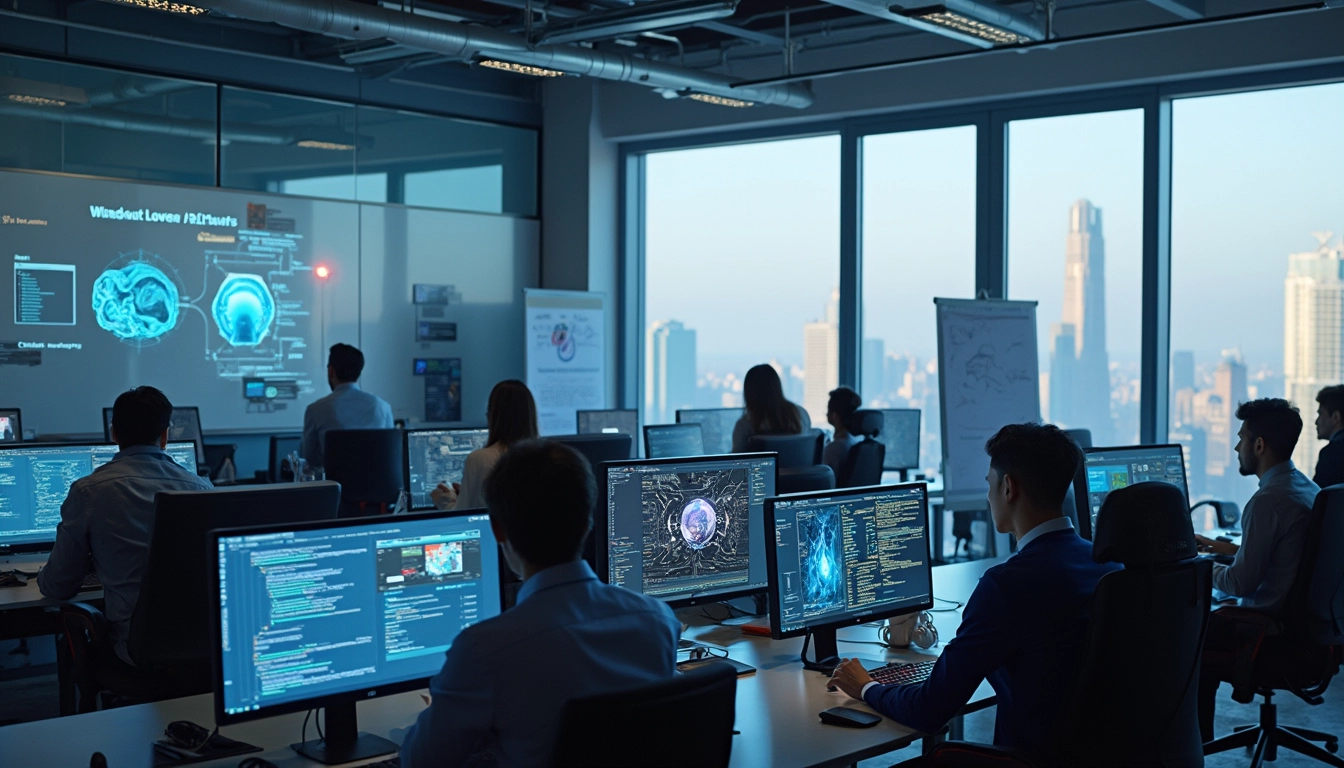
Microsoft Unveils Windows AI Foundry Platform for Advanced Development Integration
Microsoft’s latest announcements at Build 2025 showcase a transformative shift in Windows, positioning AI capabilities at the core of its operating system. The introduction of Windows AI Foundry marks a significant advancement in making Windows the preferred platform for AI development, offering developers comprehensive tools and frameworks for creating sophisticated AI applications.
Table of Contents
Key Takeaways:
- Windows AI Foundry serves as a unified platform for the complete AI development lifecycle
- Integration with hardware-agnostic AI engine ensures consistent performance across different devices
- New APIs for language and vision tasks enable advanced AI functionalities in applications
- Enhanced developer tools and frameworks streamline AI implementation processes
- Partnership with Adobe demonstrates real-world applications in creative software
Windows AI Foundry: The Future of AI Development
The Windows AI Foundry represents a complete overhaul of Microsoft’s AI development platform. This unified platform integrates Windows ML and the Onnx runtime engine, providing developers with essential tools for AI-powered applications in Windows. The platform excels in handling both language tasks and vision tasks, making it a versatile solution for diverse AI applications.

Advanced Developer Tools and Integration
Microsoft has enhanced its developer toolkit with sophisticated AI development capabilities. The evolution from Windows Copilot Runtime to Windows AI Foundry brings new possibilities for AI integration in Windows. Developers can now access:
- Windows Copilot Library
- DirectML and ONNX Runtime
- PyTorch and WebNN frameworks
- AI Toolkit for Visual Studio Code
- VBS Enclave SDK for secure development
Industry Applications and Performance
The platform’s impact is already visible through partnerships with industry leaders. Adobe’s integration of AI APIs in Premiere Pro and After Effects demonstrates the practical applications of Windows AI Foundry. These implementations show significant improvements in handling machine learning workloads, particularly in virtual environments and creative applications.
Automating Development Workflows
For developers looking to automate their AI development processes, automation platforms like Latenode can significantly streamline workflows. This integration helps in managing repetitive tasks and enhancing productivity across the development lifecycle.
Future Prospects and Developer Opportunities
The roadmap for Windows AI development looks promising with continuous platform enhancements. Microsoft’s commitment to developer feedback ensures that the platform evolves to meet real-world needs. The focus remains on creating an ecosystem where AI development is accessible, efficient, and powerful.


